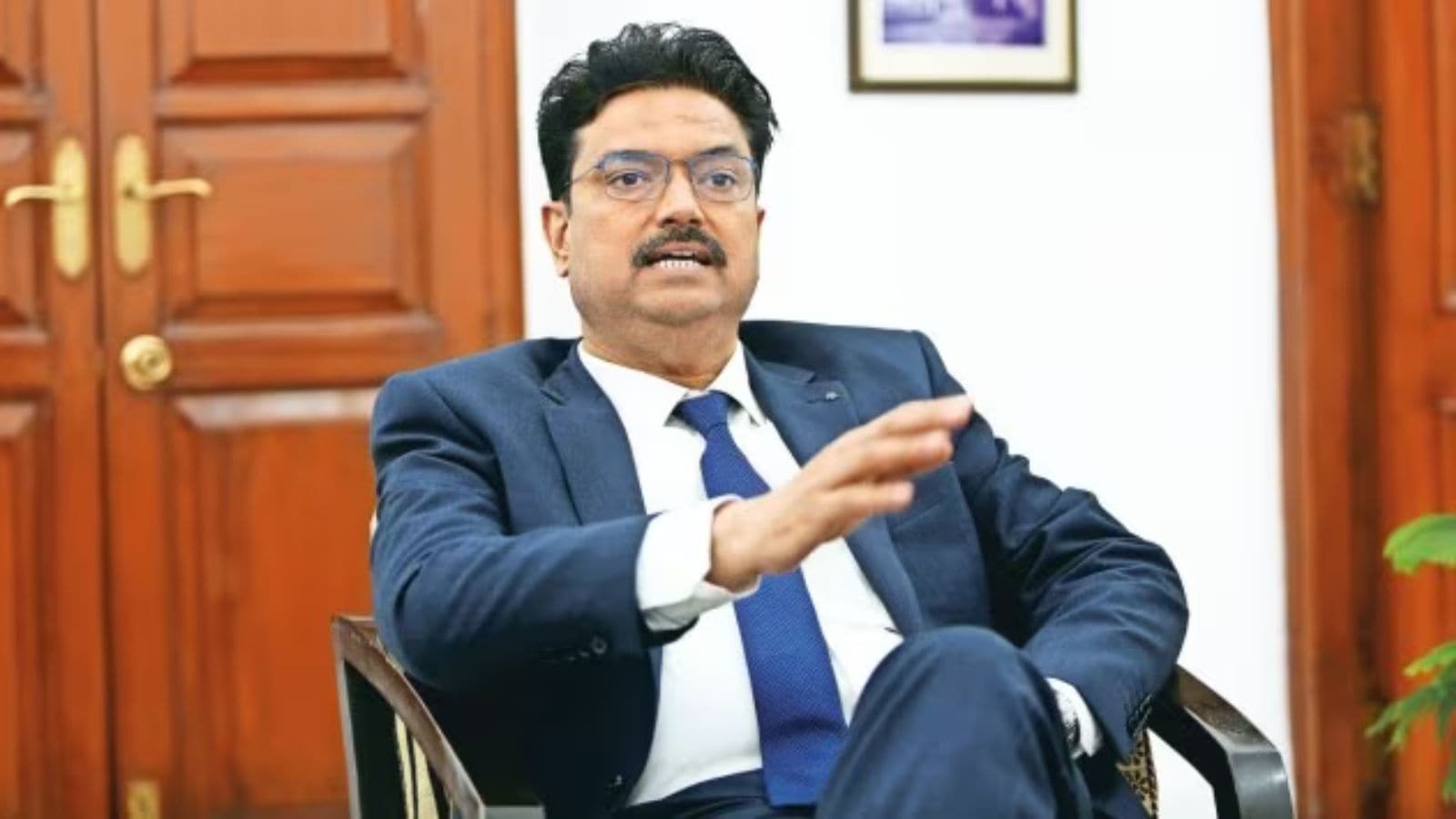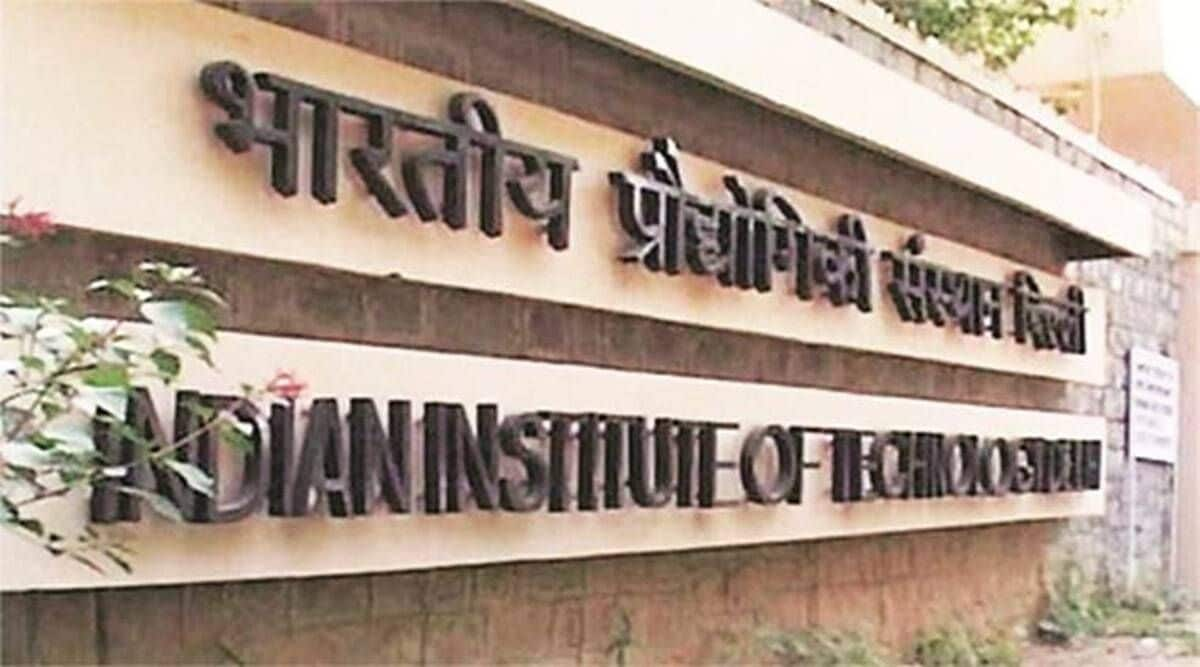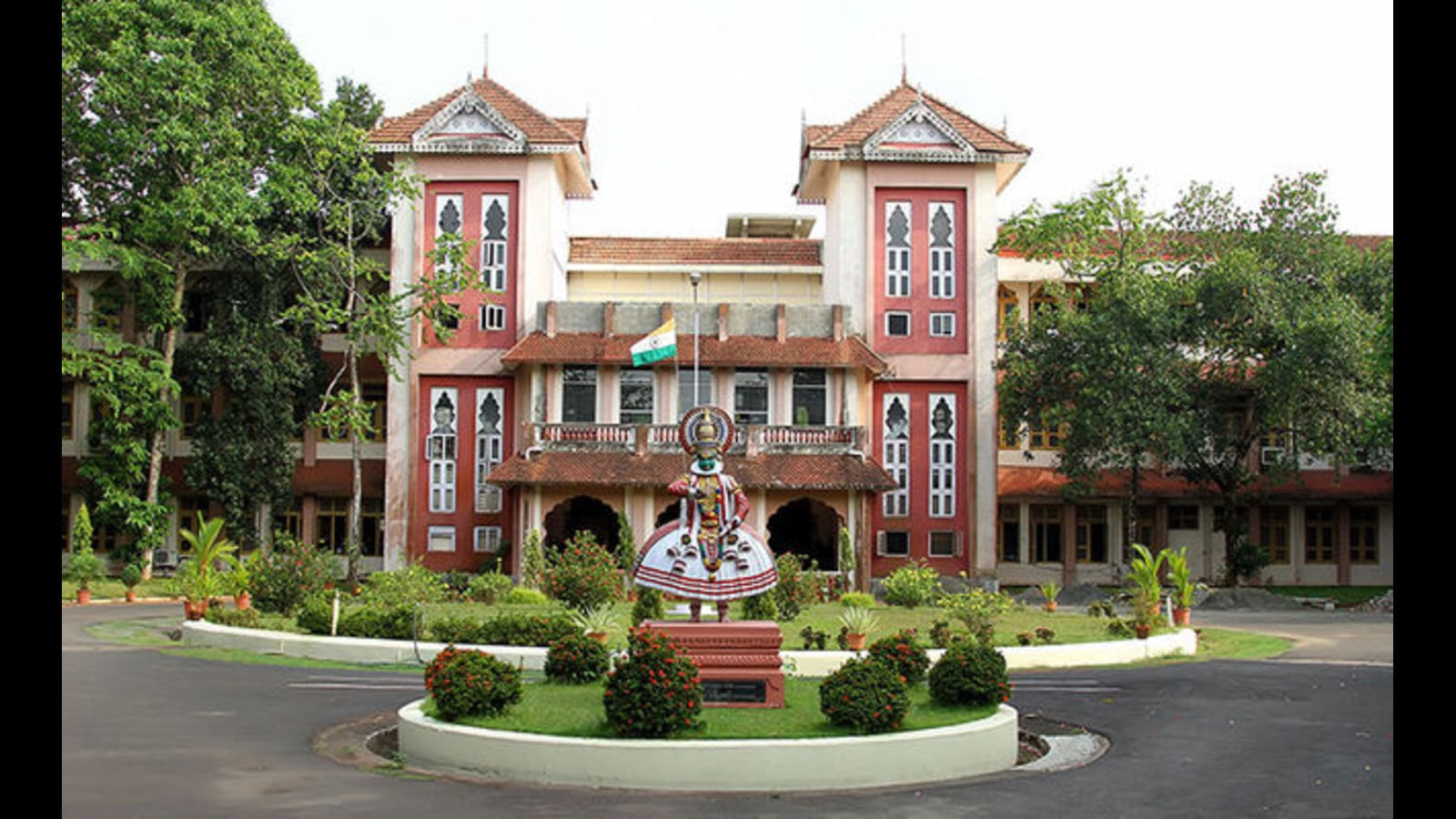The Central Board of Secondary Education (CBSE) is set to bring the repeal of triple talaq, the enactment of the Bhartiya Nyaya Sanhita (BNS), sedition and the removal of section 377 which criminalises homosexuality, into the Legal Studies curriculum for Classes XI and XII, The Indian Express has learnt.
The decision, approved by the CBSE’s Curriculum Committee and ratified by the Governing Body in June — will see senior secondary students study new laws that have replaced colonial-era statutes, along with landmark judgments and doctrines that have reshaped India’s legal framework.
“CBSE proposes to revise and update the Legal Studies textbooks to reflect: Key provisions of BNS, BNSS, and BSA; Landmark legal judgments and recent legal doctrines; Repealed or outdated laws (e.g., sedition, Section 377, triple talaq); A modern, engaging pedagogy aligned with NEP 2020,” the official records state.
The update comes in the wake of sweeping legal reforms enacted in 2023–24, when the Bhartiya Nyaya Sanhita (BNS), Bhartiya Nagarik Suraksha Sanhita (BNSS), and Bhartiya Sakshya Adhiniyam (BSA) replaced the Indian Penal Code, Criminal Procedure Code, and Indian Evidence Act.
These measures also struck down outdated provisions such as sedition, criminalised triple talaq and the removal of section 377 of the IPC which states: “ Whoever voluntarily has carnal intercourse against the order of nature with any man, woman or animal, shall be punished with imprisonment for life or with imprisonment of either description for a term which may extend to ten years and shall also be liable to fine”
This archaic British law dates back to 1861 and criminalises sexual activities against the order of nature.
CBSE officials noted that the Legal Studies textbooks “were introduced over five years ago to build foundational legal literacy among senior secondary students” but have since fallen behind the pace of reform. The Board will form “an expert committee” and may engage a “content development agency” to ensure the updated textbooks are ready for the 2026–27 academic session.
Story continues below this ad
First offered by CBSE in Class XI in 2013 and Class XII in 2014, Legal Studies has evolved from a niche elective to a significant offering for students eyeing careers in law, public policy, or governance. In April 2024, the Directorate of Education approved its rollout in 29 additional schools, urging principals to “complete all formalities asked by the CBSE.”
The last major update came in 2022–23, when the syllabus added socially relevant topics such as the POSH Act 2013, the Right to Information Act, the Consumer Protection Act, Intellectual Property Rights, and legal entities.
The subject’s current framework combines theory and project work: Class XI students cover constitutional basics, jurisprudence, and the structure of India’s court system, while Class XII moves into business and general laws, from contracts and torts to criminal law and sustainable development. The planned overhaul will inject contemporary legal debates and real-time case law into this structure, according to people familiar with the drafting process.
Similar incorporations of the three new laws replacing the IPC were introduced in Delhi University’s first year undergraduate law curriculum too last year.
Story continues below this ad
The June Governing Body meeting also approved a parallel modernization of CBSE’s vocational offerings in Taxation and Financial Markets Management for Classes XI and XII.
The Board noted that the current materials, available online, “need to be updated in the light of the latest amendment in Tax laws and emerging financial trends in relevant sections.” With support from the Institute of Chartered Accountants of India (ICAI) and the National Stock Exchange (NSE), the updated content will be completed “by November 2025.”
“Sufficient funds are available with the Department of Skill Education for this activity,” the records add, with expenditure to follow “the existing norms of the Board for development of the manuals/materials.”







